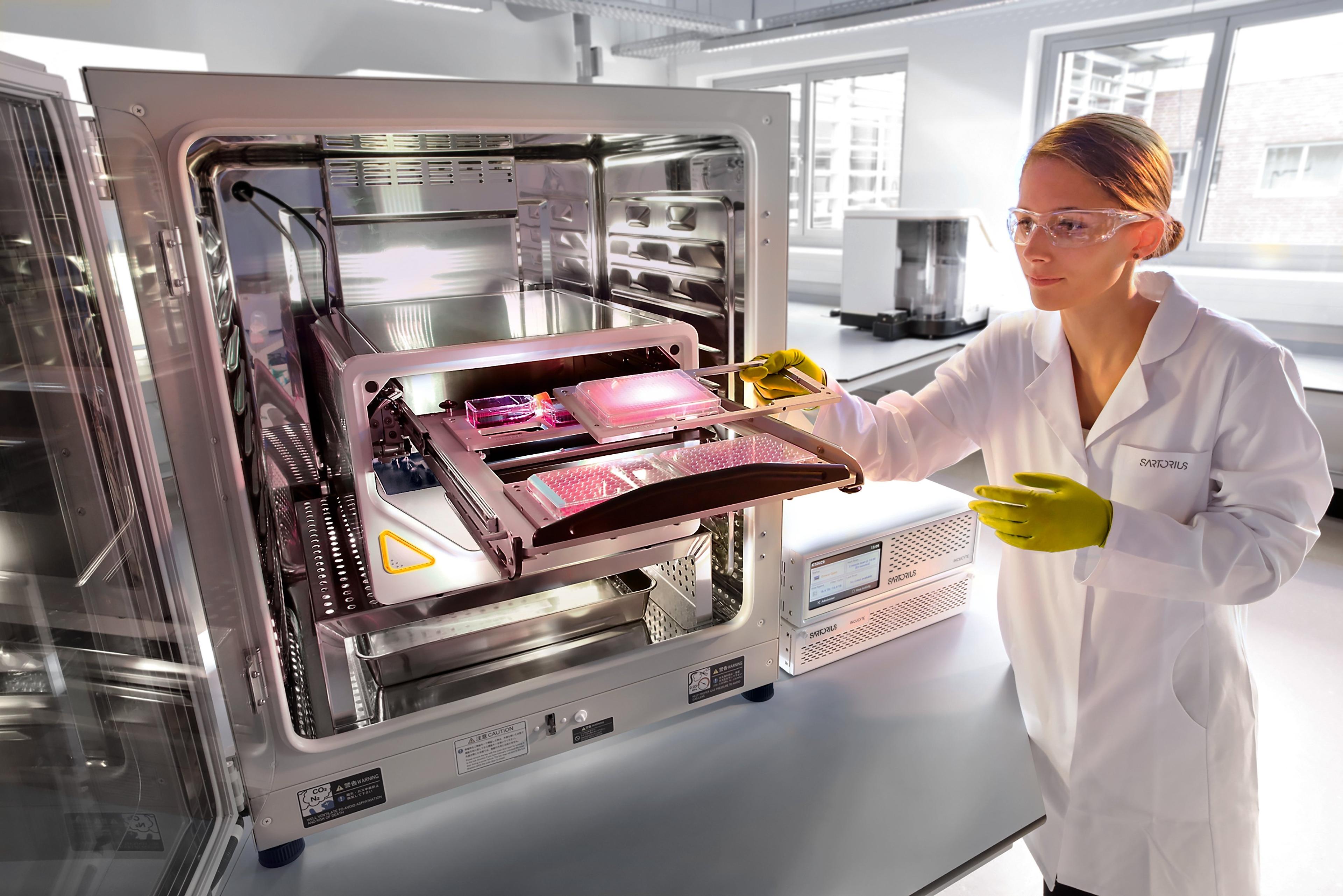IncuCyte<sup>®</sup> Live-Cell Analysis Platform Cited In Over One Thousand Publications
16 Jan 2017
The IncuCyte® live-cell analysis platform from Essen BioScience has been cited in more than 1000 peer-reviewed publications since its introduction. The publications describe a wide range of applications across a variety of research / therapeutic areas including immuno-oncology, immunology, neuroscience and stem cell biology.
The IncuCyte®platform provides turnkey solutions, comprised of innovative instrumentation, optimized reagents and consumables and sophisticated analytical software, for real-time quantitative analysis of living cells. These solutions provide researchers with the ability to gain new insights and understanding into biological processes via real-time, quantitative analysis of live cells. Placed directly into a standard incubator, the IncuCyte® system automatically collects and analyzes images throughout the course of an experiment while cells remain unperturbed in a physiologically relevant environment.
Multiple T-flasks or up to six 96 or 384 well microtiter plates fit within the system, increasing productivity and allowing different applications and assays to be run simultaneously. More than 2000 images can be collected per hour, converting traditional endpoint assays to a kinetic format for studying movement, migration, apoptosis and other cell behaviors.
“The number and variety of applications enabled by the IncuCyte®system is a testament to its flexibility as an assay platform and the power of combining imaging with the dimension of time,” said Brett Williams, President and CEO, Essen BioScience. “With IncuCyte®, researchers can conceive of and execute experiments that were not previously thought possible, gaining deeper biological insights and understanding.”
The IncuCyte® system consists of an imaging platform that resides in the cell incubator, and a networked external controller that gathers and processes image data, allowing walk-away analysis and remote data connection. Automated data acquisition and visualization tools greatly simplify post experimental analysis.
A searchable database of publications can be accessed here.

